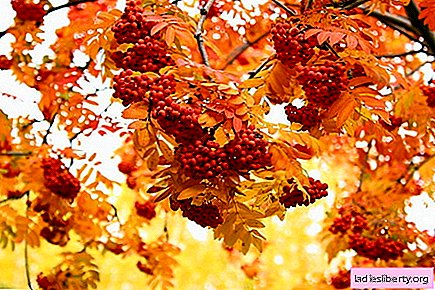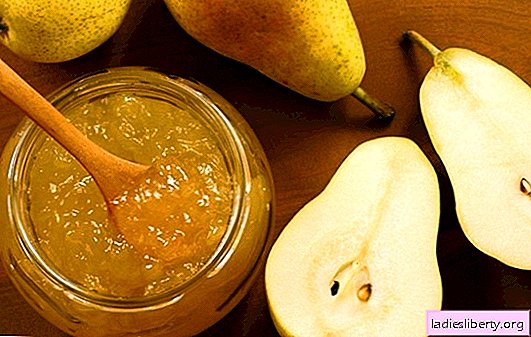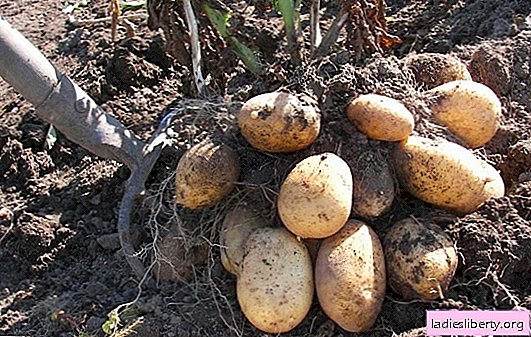
Mountain ash - general description
Rowan - a genus of deciduous woody or shrubby plants of the Rosaceae family. The leaves of mountain ash are large enough, the leaf blade is unpaired, has a broad and hairy surface. Numerous white, pink or red flowers are rallied in dense corymbose inflorescences concentrated at the very ends of the branches. Fruits - small spherical juicy berries, their color directly depends on the type of mountain ash.
Mountain ash - types and places of growth
Flora has more than 100 varieties of mountain ash. Among them there are trees up to 15 meters high, and small bushes. The range of the genus is very wide and covers almost all temperate regions of the Northern Hemisphere: North America, Europe, Asia.
Of all the types of mountain ash, the most common are mountain ash, which in natural conditions can be found throughout Russia, except for the Arctic strip, and aronia, a cultivated species, grows in the wild only in North America. In our country, it is planted in garden plots to obtain healthy and juicy fruits.
There are other bred varieties of mountain ash, for example, garden mountain ash, which is valued for large fruits with a higher sugar content. Dessert rowan, obtained by I. Michurin by crossing liquor rowan with medlar, also plays an important role in culture. It has large sweet berries with a piquant taste. Along with the well-known and widespread varieties, all types of mountain ash are very healthy.
Mountain ash - medicinal properties
Rowan ordinary is familiar, perhaps, to every person. All of us in childhood at least once tried its bitter-acidic berries of red color, which concentrated a huge amount of vitamins and other useful compounds. It has anti-inflammatory, vasoconstrictive, astringent, light diuretic and laxative, hypotensive effects.
In traditional medicine, the fruits of mountain ash are recommended for vitamin deficiency and anemia, and folk healers use it in a wider spectrum. It is believed that mountain ash cures gout, asthenia, hemorrhoids, glaucoma, whooping cough, gastritis, atherosclerosis, and helps fight cancer, kidney and liver diseases. Berry syrup is used for rheumatism and urolithiasis. Juice promotes better healing of wounds, ulcers, as well as the elimination of warts.
No less popular in folk medicine was won and chokeberry, which found its application in the treatment of hypertension and eye diseases.
Mountain ash - dosage forms
A valuable part of a healthy plant is its ripe fruit, which should be harvested after frost. It was at this time that they were less acidic and bitter. Berries torn in summer can be frozen or dried for future use.
Mountain ash - recipes of traditional medicine
- A decoction of dried fruits is taken for constipation, migraine, hypertension, atherosclerosis, gastrointestinal diseases, rheumatism. To prepare it, you need to take two or three tables. tablespoons of raw materials, pour boiling water (500 ml), insist for half an hour, squeeze and drink ½ cup three to five times a day.
- Juice and fresh berries should be used for gastritis, colds, hypertension, hemorrhoids. Drink it fresh 50-70 ml three times a day.
- The berries of mountain ash in combination with honey is an excellent remedy against stones in the gall bladder. It is necessary to eat it every day for 1-2 months.
- A tonic infusion for anemia and vitamin deficiency: pour two teaspoons of the fruit (dry or fresh) with 400 ml of boiling water, let it brew until cool, then add honey or sugar to taste. Take such an infusion recommend 4 times a day for a hundred milliliters.
Mountain ash - contraindications
There are no contraindications for use. However, it should be noted that the mountain ash has the ability to increase the acidity of the stomach, so it is not recommended to use it in very large quantities.
Comments











